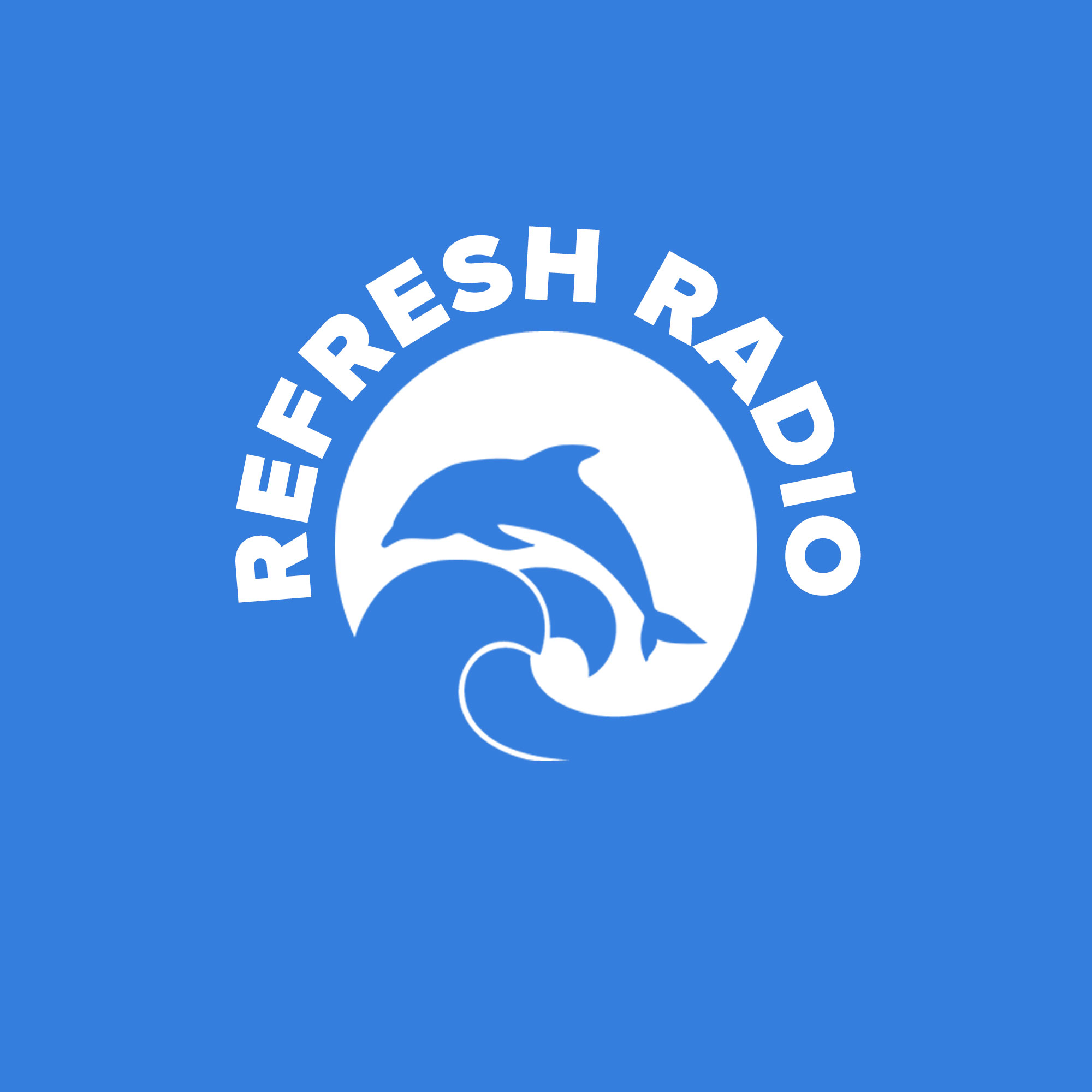The Bahamas Compendium
This is where we'll drop the full feed of public data.
Purpose
To provide a comprehensive and accessible resource for residents and visitors of The Bahamas, encompassing information about the nation's rich natural environment, vital community services, and essential safety guidelines.
Sections
Part 1: Natural Heritage
Flora & Fauna:
-
Native Plants: Descriptions of key native plant species, including photos, habitats, uses (traditional medicine, crafts), and conservation status. Perhaps include a section on invasive species and their impact.
-
Native Animals: Profiles of notable Bahamian animals (birds, reptiles, mammals, insects), including images, habitats, behaviors, and conservation efforts. Highlight endemic species.
-
Marine Life: Information on coral reefs, fish species, marine mammals, sea turtles, and other marine life. Include details about marine protected areas and conservation initiatives.
Ecology & Environment:
-
Ecosystems: Descriptions of the diverse ecosystems found in The Bahamas (e.g., coral reefs, mangrove forests, pine barrens, wetlands).
-
Geology: Overview of the geological formations and features of the islands.
-
Climate: Information about the climate of The Bahamas, including average temperatures, rainfall patterns, and seasonal variations.
Natural Resources:
-
Fisheries: Information about commercial and recreational fishing, sustainable fishing practices, and the importance of fisheries to the Bahamian economy.
-
Forestry: Details on the limited forestry resources, including pine forests and hardwood hammocks.
-
Water Resources: Information about freshwater availability and conservation efforts in The Bahamas.
Tourism & Ecotourism:
-
Sustainable Tourism: Guidelines for responsible tourism practices that minimize environmental impact and benefit local communities.
-
Ecotourism Destinations: Information about national parks, nature reserves, and other ecotourism destinations in The Bahamas.
Tropical Storms & Disaster Preparedness:
-
Hurricane Season: Information about hurricane seasons, storm tracking, and evacuation procedures.
-
Disaster Preparedness: Guidelines for preparing for hurricanes, floods, and other natural disasters, including emergency kits, shelter locations, and communication plans.
Part 2: Community Resources (Use the sections from the previous example, tailored to The Bahamas)
-
Healthcare: Include information on hospitals, clinics, and health services available on different islands.
-
Education & Childcare: List schools, childcare centers, and educational resources.
-
Social Services: Information on government assistance programs, social support organizations, and community centers.
-
Emergency Services: Contact information for police, fire departments, and ambulance services on each island.
-
Transportation: Information on transportation options within and between islands (ferries, flights, buses).
-
Legal Services: List legal aid organizations and resources.
-
Other Resources: Include any other relevant community services, such as libraries, cultural centers, and recreational facilities.
Part 3: Bahamian Culture & Heritage
-
History: A brief overview of the history of The Bahamas.
-
Culture: Information about Bahamian traditions, music, art, and cuisine.
-
Local Businesses: A directory of local businesses that support the community.
Available Formats:
-
Website: A well-designed website would be ideal for this type of compendium, allowing for easy updates, searchability, and multimedia content (photos, videos, maps).
-
Mobile App: A mobile app would make the information even more accessible, especially during emergencies when internet access might be limited.
-
Print (Limited): A condensed print version could be useful for quick reference, especially for emergency contact information.
Key Features:
-
Island-Specific Information: Organize information by island to ensure relevance for users in different parts of The Bahamas.
-
Visuals: Use high-quality photos, maps, and illustrations to make the compendium engaging and informative.
Expert Contributors: Involve local experts in natural history, community services, and disaster preparedness to ensure accuracy and credibility.
-
Community Engagement: Encourage community members to contribute information, photos, and feedback.
-
Accessibility: Make the compendium accessible to people with disabilities and consider offering it in multiple languages.
By creating a comprehensive and user-friendly compendium, Refresh Bahamas aims to make a significant contribution to the preservation of The Bahamas' natural heritage and the well-being of its communities.
The Latest on Tropical Storm Nicole
Update in Progress...
